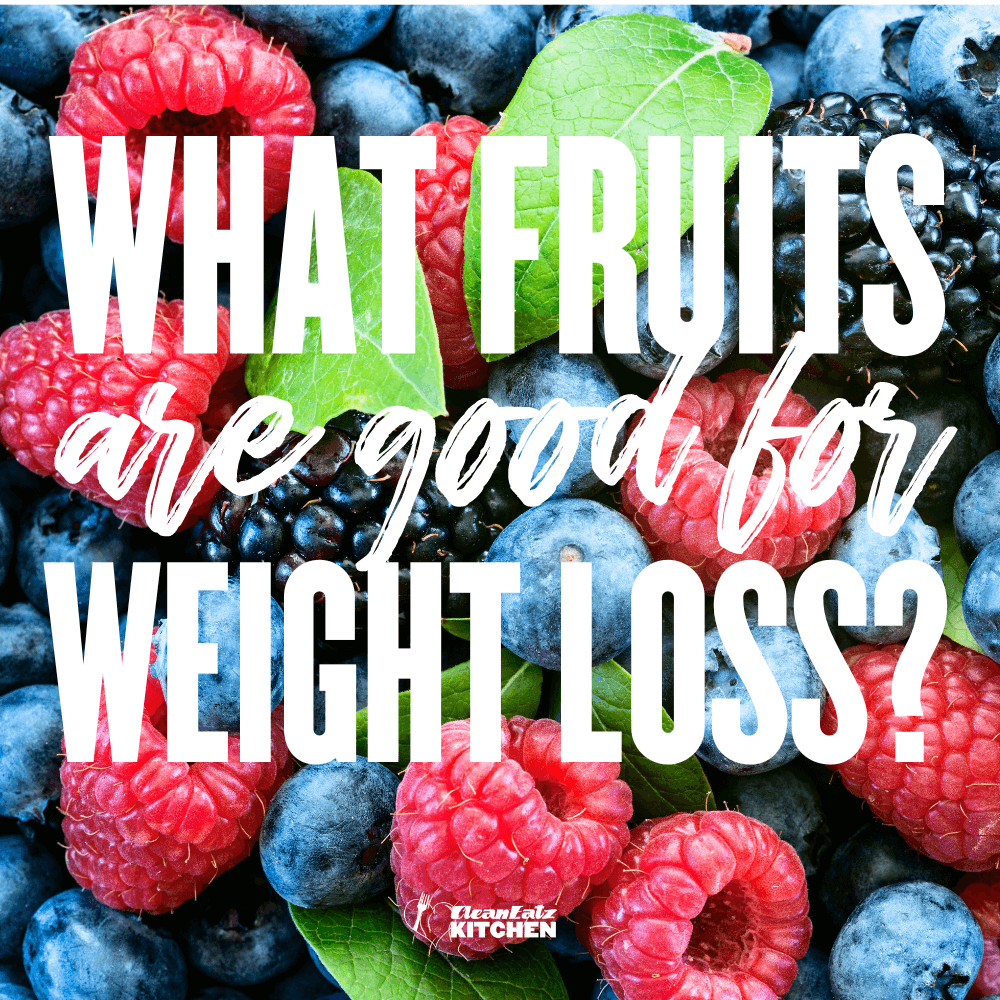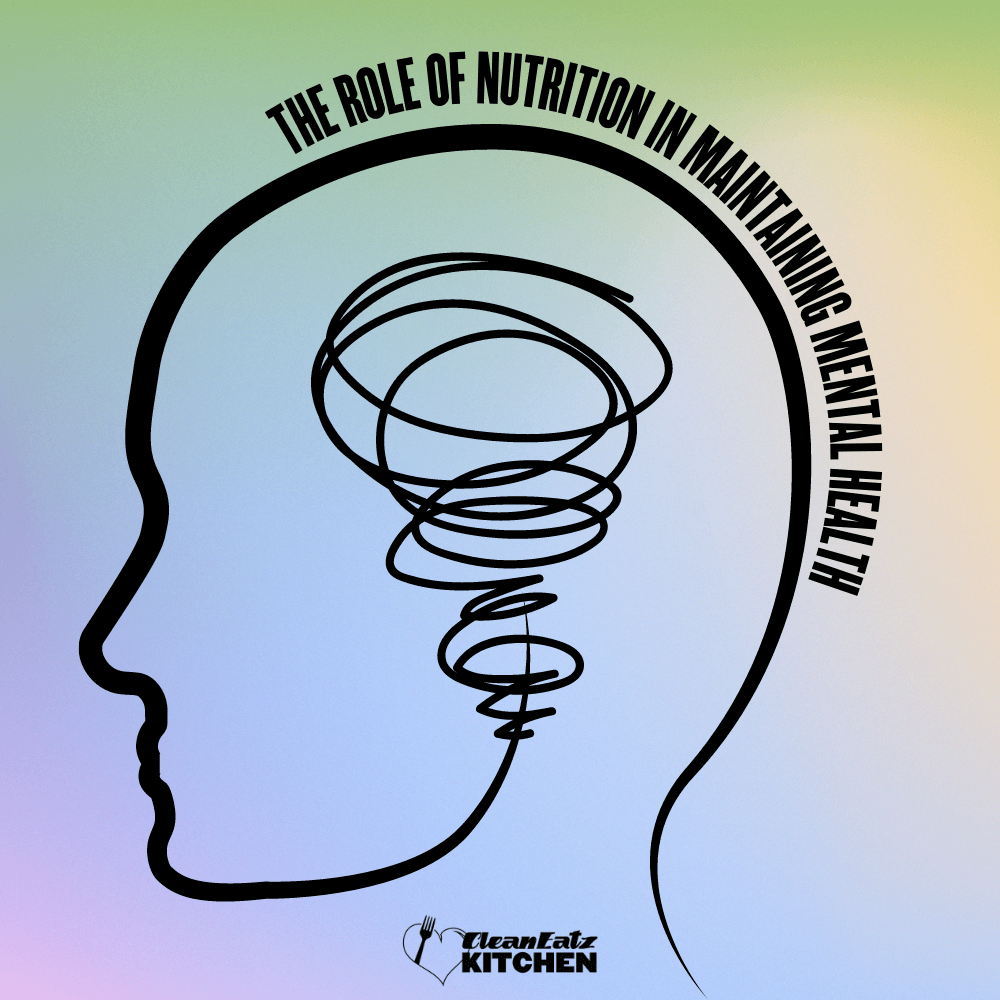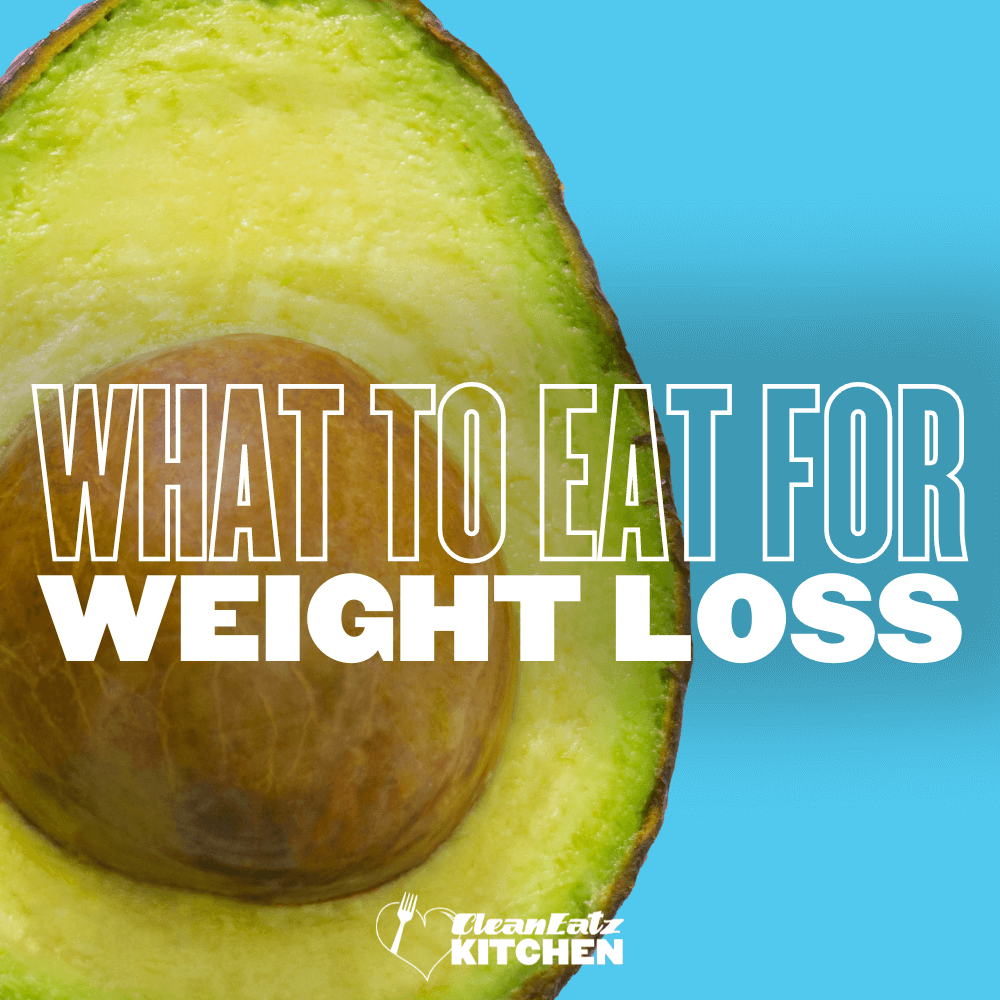
Best Fruits for Weight Loss: Boost Your Journey to a Healthier You
Jason Nista
Nutrition
|
Weight Loss
10 minute read
Table of Contents
Looking for the best fruits for weight loss? If you're eager to shed those extra pounds but unsure about what to eat, fruits are your answer. In this article, we'll introduce you to some of the top contenders for weight loss and provide valuable tips on how to incorporate them into your diet.
Sure, you may already be aware that fruits can be a part of your weight-loss journey, but there are a lot of varieties out there, and choosing the right ones can be tricky. That's why we've done some digging and compiled research to bring you the most effective choices.
- What Fruits Are Good For Weight Loss
- How Can Fruits Help You Lose Weight?
- Best Fruits for Weight Loss
- How Many Servings of Fruit Should Be Eaten to Support Weight Loss
- How to Incorporate Fruits into Your Diet
How Can Fruits Help You Lose Weight?
Healthy eating can definitely have a positive effect on your weight—but it can be difficult to determine the best foods to incorporate into your diet. That’s why adding the right types of fruits can be a great way to help you lose (and maintain) weight.
Fruits are an excellent source of fiber and vitamins, as well as being low in calories and carbs. This combination helps to keep you feeling full for longer, as well as prevent spikes in your blood sugar levels. As an added bonus, some fruits contain antioxidants that will help to boost your overall health and well-being.
When looking for the best fruits for weight loss, the general rule of thumb is that fresher is better. Fresh fruits are full of natural water and fiber, plus they tend to be low-carb—which makes them ideal snacks if you’re trying to lose weight. Some great examples include apples, blueberries, oranges, pineapples, melons, and grapes.
Incorporating these healthy fruits into your diet plan should help you stay on track with your weight loss meal delivery plan—while still treating yourself to something delicious!
Key Takeaways
- Fruits consist of fiber and vitamins, which aid in keeping you full longer
- Some ideal fruit options for effective weight loss include berries, citrus fruits, and apples
- The amount of fruits that you need to consume depends primarily on your individual needs and dietary goals
- Some ideas to incorporate fruits into your daily routine include smoothies, shakes, toppings, salads, and fruit bowls
Best Fruits for Weight Loss
When it comes to weight loss, the saying “an apple a day keeps the pounds away” rings true. In addition to helping you stay full longer, fruit is also packed with antioxidants and vitamins that can help promote weight loss. But with so many choices, how do you know which type of fruit is best for weight loss? Here are some of the top contenders:
Berries
Not only do they contain natural sugar, but they’re also high in fiber which can help curb appetite and keep you feeling fuller for longer. Berries are a great source of antioxidants which can help fight inflammation and improve overall health.
Citrus Fruits
Existing content: Citrus fruits like oranges, grapefruits, and lemons are low in calories and packed with Vitamin C. This helps to boost your immune system and increase energy levels so you can be more active during the day. They’re also high in fiber which can help support healthy digestion.
Apples
An apple a day truly does keep the doctor away! Apples are low in calories but high in both dietary fiber and water content. This makes them ideal for those looking for an easy on-the-go snack that will fill them up without weighing them down.
Banana
Bananas are perhaps one of the most popularly-consumed fruits but for a good reason. Bananas are a rich source of vitamins and minerals such as vitamin A, potassium, and magnesium. They are also filled with bioactive compounds, which contribute to many health benefits, including weight loss. One study showed that eating bananas every day helps lower blood glucose and lipid levels while its low glycemic index helps control glucose and regulate weight.
Avocado
Avocados are fruits that have high calorie and fat content. Despite their nutritional value, the consumption of avocados does not interfere with one's weight loss goals. Furthermore, the high caloric content of avocados contributes to the feeling of fullness, resulting in decreased food intake during meals.
Melon
Melons are low-calorie fruits with high water content. Melons are also rich in fiber, Vitamin C, potassium, and antioxidants. According to a review of animal studies, consumption of foods with high water content increases hydration. This resulted in lower food intake and increased total body fat loss through lipolysis.
How Many Servings of Fruit Should Be Eaten to Support Weight Loss
When it comes to losing weight, knowing the right amount of servings of fruit can be a game changer. But how much should you eat?
The answer depends on your individual needs and dietary goals. However, most experts agree that up to three servings per day is a good start. This can vary depending on size, gender, and other factors, so always consult with a healthcare or nutrition professional to determine the best plan for you.
When it comes to fruits specifically, some are low in sugar, which helps keep your blood sugar levels stable, thus providing more sustained energy throughout the day and helping you maintain steady levels of satiety (fullness). Examples include berries such as blueberries and strawberries, apples, and pears.
Of course, some fruit may be higher in natural sugars than others—such as bananas or dates—so if you're trying to limit sugar intake, then it's best to stick to lower-sugar varieties.
Finally, avoid buying pre-packaged or frozen fruits as they often contain added sugar or preservatives that can have an adverse effect on your weight loss progress. Instead, opt for fresh produce whenever possible as this provides maximum nutritional value.
How to Incorporate Fruits into Your Diet
Knowing what fruits to eat is one thing, but figuring out how to incorporate them into your diet is another. The good news is that there are plenty of delicious and nutritious ways to enjoy healthy fruit. Here are a few tips that you can use to make sure you're getting the most from your fruit:
Smoothies & Shakes
Smoothies and shakes make great snacks or meals, and you can easily add fruit to them. Just blending up some fresh or frozen fruit with a bit of Greek yogurt and some almond milk makes for a tasty and healthy treat.
Top It Off
Topping off your breakfast bowl or oatmeal with a few berries or banana slices makes for an easy way to get a serving of fruit in the morning. Adding some nuts or chia seeds will help fill you up too!
Salads & Sides
Fruit salads are an easy way to get multiple servings of fruit at once. Just chop up some oranges, apples, pears, and grapes and you've got yourself an awesome side dish! You can even add a light dressing like honey balsamic for more flavor.
Fruit Bowls
Having pre-cut fruits like watermelon, pineapple, and kiwi ready in the fridge makes for an easy snack throughout the day. Just throw together a bowl with whatever’s on hand and enjoy!
Whatever approach you take, just remember that adding more fruits to your diet is great for weight loss - so don't be afraid to get creative!
All in all, the best fruits for weight loss are ones that are low in sugar, high in fiber, and provide essential vitamins and minerals. These include berries, citrus fruits, apples, pears, melons, and stone fruits. The key is to make sure fruits are part of a balanced diet – not the only thing you're eating.
If you’re looking for the ideal diet plan consisting of a suitable content of fruits, then Clean Eatz Kitchen has got just what you need! We offer some of the most effective weight-loss diet plans to keep you going strong toward your fitness goals.
Final Thoughts
if you're on the hunt for the best fruits for weight loss, you've come to the right place. Fruits are a fantastic addition to your diet when aiming to shed those extra pounds. Packed with fiber, vitamins, and low in calories, they keep you satisfied for longer while providing essential nutrients. With so many fresh, healthy options available not only can fruit aid in your weight loss journey, but it's also a delicious source of calories when fruit is in season.
FAQ
What is the healthiest fruit for weight loss?
There is no single "healthiest" fruit for weight loss, as different fruits offer various nutritional benefits. However, some excellent choices include berries (such as blueberries and raspberries), grapefruit, apples, and pears. These fruits are low in calories and high in fiber, making them great options for weight loss.
How much fruit is too much for weight loss?
While fruits are nutritious, they still contain natural sugars and calories. Consuming too much fruit can lead to an excessive calorie intake, which may hinder weight loss. It's recommended to have moderate portions of fruit, typically up to three servings per day. However, the specific amount may vary based on individual needs and dietary goals, so it's best to consult with a healthcare or nutrition professional for personalized advice.
How to make fruit smoothies for weight loss?
To make fruit smoothies for weight loss, start with a base of low-calorie liquids like water, unsweetened almond milk, or coconut water. Add a variety of fruits such as berries, bananas, or mangoes for natural sweetness and flavor. Include a source of protein like Greek yogurt or a plant-based protein powder to help keep you satiated. You can also add a handful of leafy greens like spinach or kale for added nutrients. Blend all the ingredients together until smooth, and you have a nutritious and satisfying smoothie.
When is the best time to eat fruit for weight loss?
The timing of fruit consumption for weight loss is not as critical as overall calorie intake and balanced nutrition. However, incorporating fruits into your meals or snacks can be beneficial. Eating fruits as part of a well-rounded breakfast can provide a healthy start to the day. Enjoying them as a snack between meals can help curb hunger and prevent unhealthy snacking. Ultimately, it's important to find a schedule that works best for you and fits within your overall calorie and nutrient goals.
Related Articles
The Role of Nutrition in Maintaining Mental Health
7 minute read
What To Eat for Weight Loss
7 minute read



